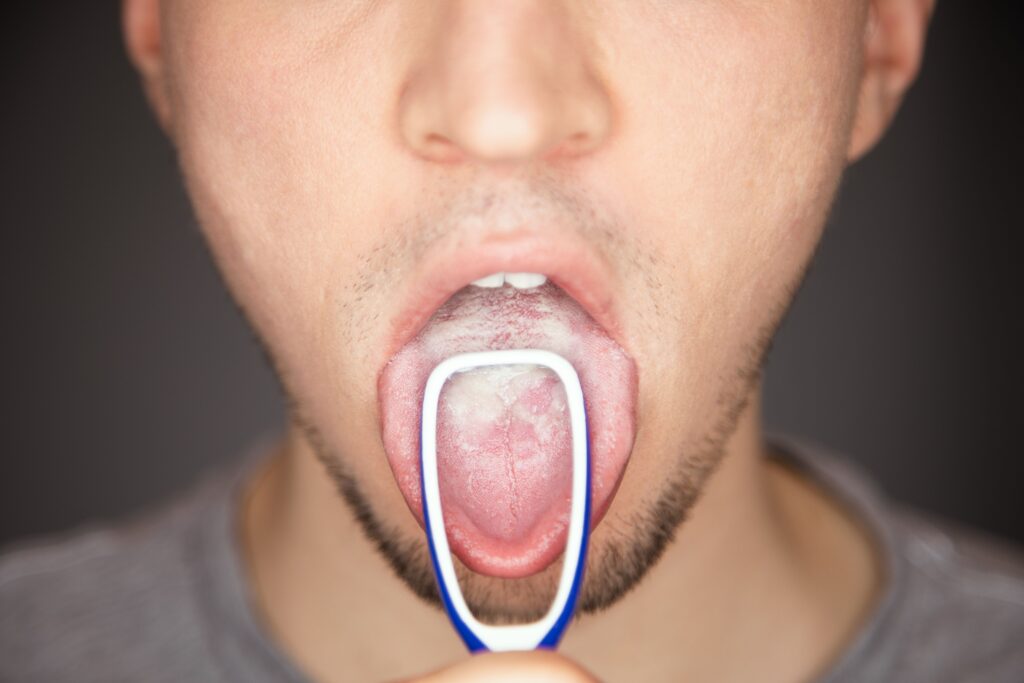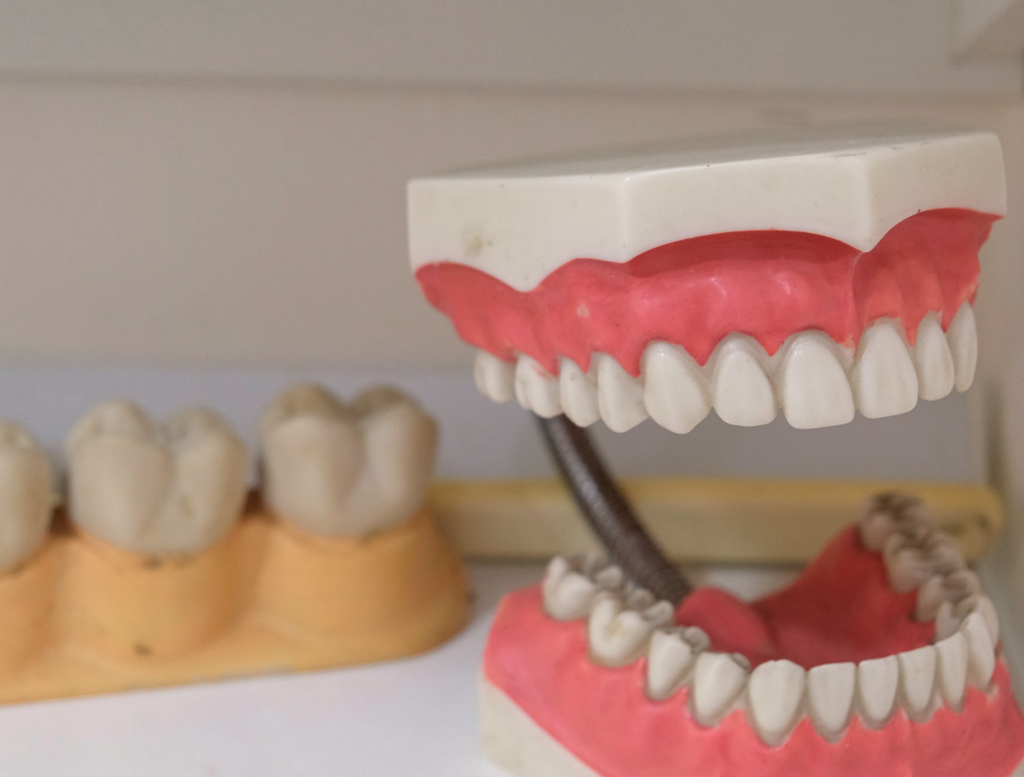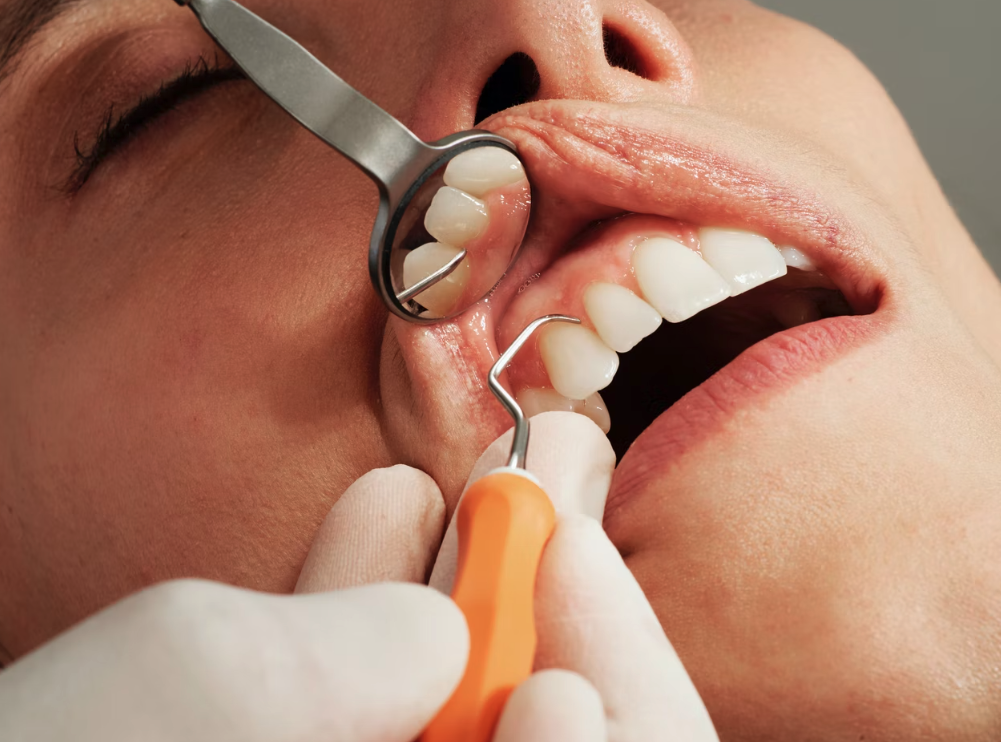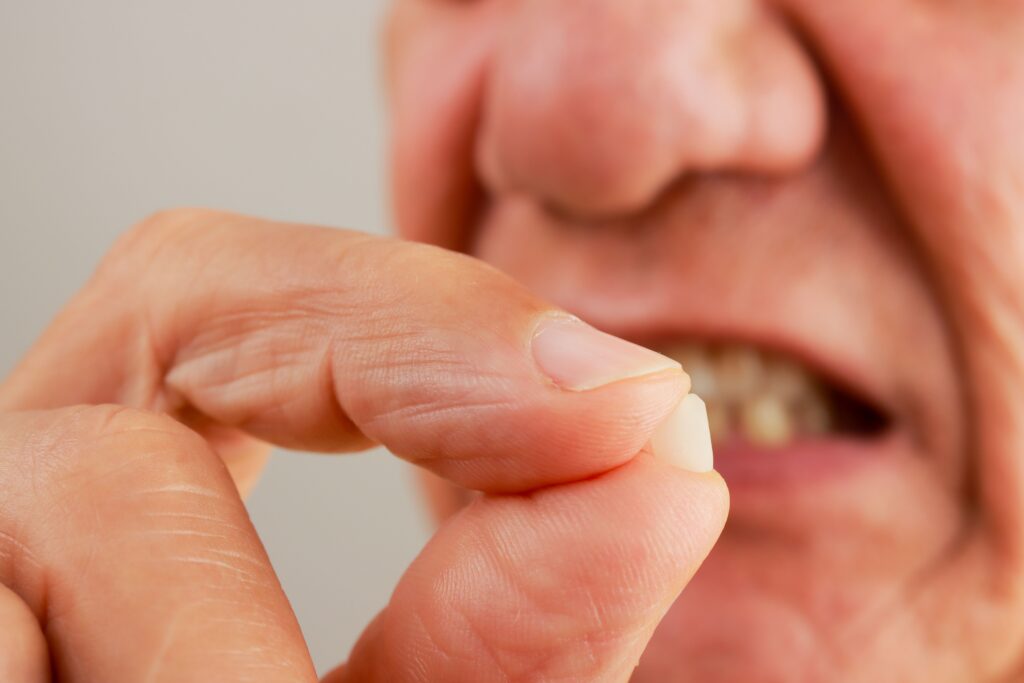When you think about visiting the dentist, you most likely think about keeping your teeth white and straight, and having an attractive smile. What you may not realize is that maintaining good oral health has value beyond the obvious aesthetic rewards of a beautiful smile. Dedication to maintaining good at-home oral hygiene practices and making regular visits to the dentist protect your overall health and can help you avoid serious health complications and disease.
Healthy Mouth, Healthy Body
Recent research has linked gum disease to health problems that affect women and men of all ages. Gum disease is a bacterial infection, and as a result, it can enter the bloodstream and cause other health issues:
- Heart disease: Gum disease increases the risk of heart disease and doubles the risk of having a fatal heart attack. Heart disease is the number-one killer of women in America.
- Stroke: Studies have linked gum disease to strokes, with a large percentage of those who have experienced a stroke shown to have been simultaneously suffering from periodontal infections.
- Pregnancy outcomes: Gum disease during pregnancy can increase chances of a premature birth.
Warning Signs
While regular visits to the dentist can help you maintain good health and prevent certain diseases, your oral health can tell your dentist a lot about your overall health as well, and it can raise red flags for health conditions that you may be unaware of. These conditions include:
- Oral cancer: Every time you go in to the dentist for a routine checkup, they screen for oral, head, and neck cancers. When it’s caught early, you have a good chance for a full recovery.
- Diabetes: Gum disease can be a sign of diabetes. People with diabetes often suffer from gum disease, as it reduces the body’s resistance to infection, leaving the gums susceptible to disease.
- Osteoporosis: Periodontal bone loss and tooth loss can be a sign of osteoporosis, which causes bone to become weak and brittle. Early diagnosis of osteoporosis can lead to treatments that can help stave off bone loss and keep them, as well as your teeth, strong and healthy.
- Alzheimer’s disease: Studies suggest that when tooth loss occurs before the age of 35, it can be an early sign of Alzheimer’s disease.
Knowledge Is Power
So how does knowing the connection between whole health and your dental health help you? Now that you know there is such a strong connection, you understand the importance of having a provider who understands it and uses this knowledge to help you make general health care decisions. It also helps you fully understand the importance of maintaining excellent at-home dental hygiene practices and the best oral hygiene basics:
- Brushing twice daily
- Flossing every day
- Attending two routine dental exams annually, with cleanings
- Regularly using a toothpaste with fluoride and a rinse
- Following a healthy diet that is designed to improve both oral and whole health
To find out what your oral health says about your overall health, schedule an appointment with Drs. Rehl or Lovejoy today.
Sources:
http://www.adha.org/resources-docs/7228_Oral_Health_Total.pdf
http://www.mayoclinic.org/healthy-lifestyle/adult-health/in-depth/dental/art-20047475








